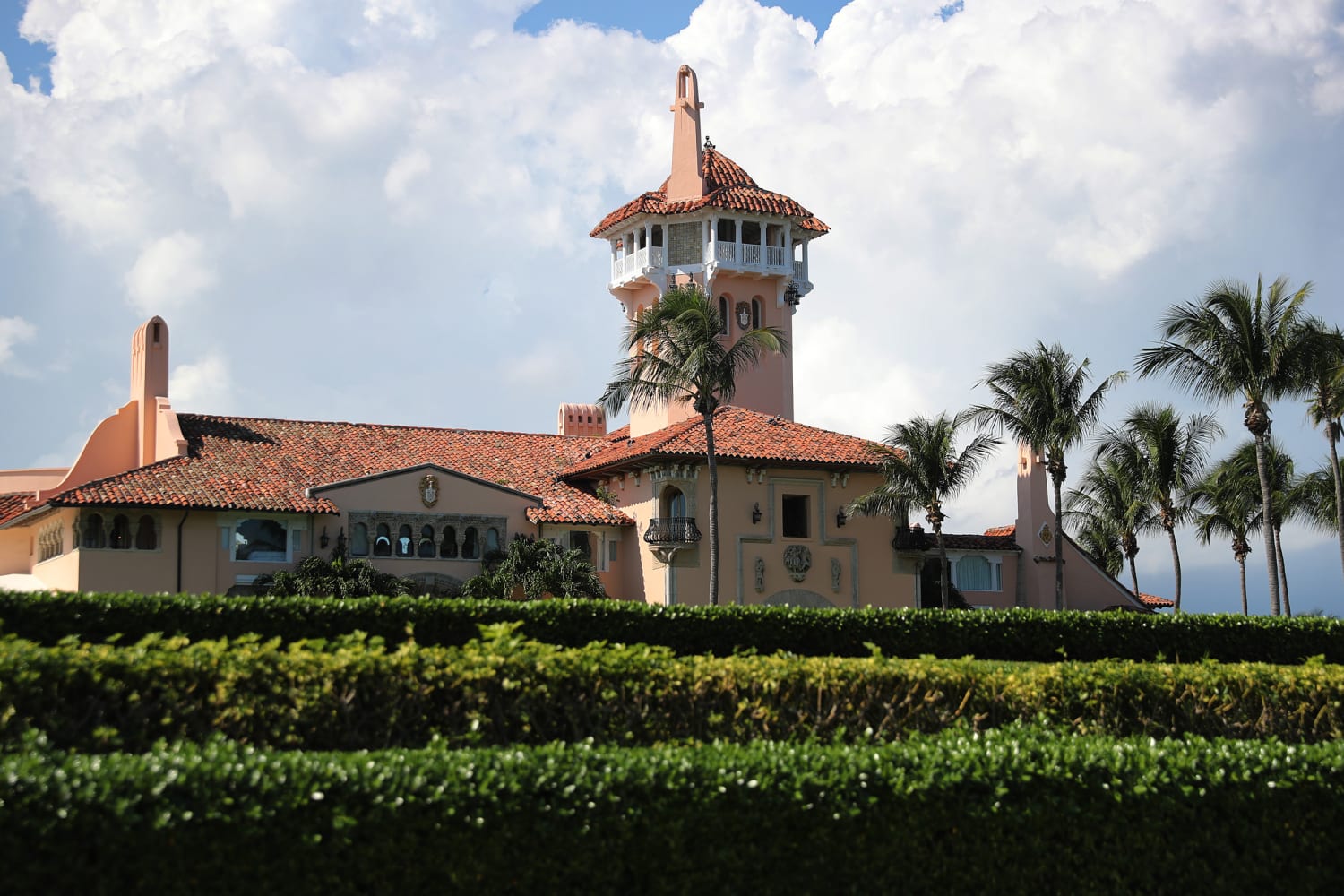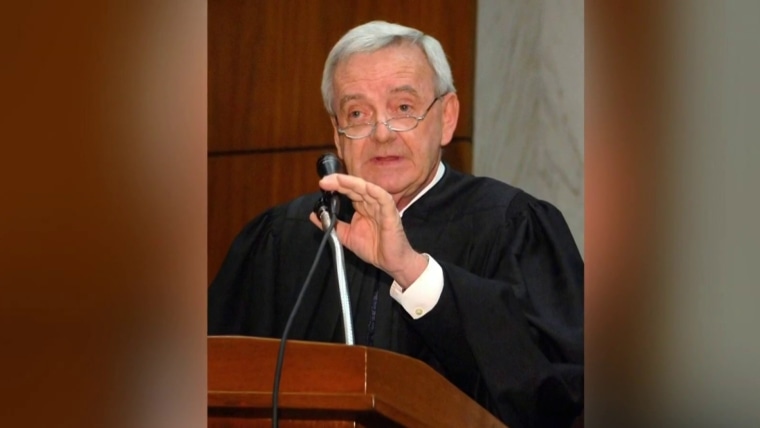WASHINGTON — The Department of Justice is asking a federal appeals court to temporarily block a Trump-appointed judge’s ruling that prevents it from using thousands of pages of government documents seized from the former president’s Mar-a-Lago home, including hundreds of pages of classified records.
The Justice Department previously argued that any delay in its investigation into Donald Trump’s handling and retention of government records, including classified records, could result in “irreparable harm” to the government and the public.
On Thursday night, U.S. District Judge Aileen Cannon denied its request to allow the FBI to continue to use the hundreds of pages of classified records seized from Mar-a-Lago on Aug. 8. She simultaneously appointed senior U.S. District Judge Raymond J. Dearie as a special master, and — in an unprecedented move — gave him authority to make decisions on questions of executive privilege after a request from Trump’s team.
Dearie issued an order Friday summoning the parties to the federal district courthouse in Brooklyn, where he is based, for a preliminary conference Tuesday.
Cannon previously blocked the government from using the documents seized from Mar-a-Lago for “investigative purposes.” The government had asked her to lift her restrictions on a subset of the documents — the hundreds of pages bearing classification markings — because, the Justice Department argued, they “are government property over which the Executive Branch has control and in which Plaintiff has no cognizable property interest.” More broadly, the department argued that a special master “is unnecessary and would significantly harm important governmental interests, including national security interests.”
Dearie was one of two special master candidates proposed by Trump, and the only Trump suggestion that the Justice Department deemed acceptable. Trump’s team rejected both of the department’s candidates, but would not publicly say why they opposed those two former judges.
The Justice Department signaled last week, ahead of Cannon’s order appointing the special master Thursday night, that it would appeal the judge’s ruling broadly.
The Justice Department’s investigation grew out of a lengthy back-and-forth with the National Archives and Records Administration over boxes of government records that Trump held on to after he left office, even though the records were supposed to be turned over, under the Presidential Records Act. The National Archives called in the FBI after it found hundreds of pages of classified government records mixed in with some of the records Trump returned in January.
In response to a grand jury subpoena in May, Trump’s team turned over some additional classified records and certified in a signed document in June that a “diligent search” turned up no further classified records at Mar-a-Lago. But there were more.
Given the consequences the search could have for the Justice Department, the FBI and the country, Attorney General Merrick Garland “personally approved” the decision to execute the search warrant, which was based on a finding of probable cause that there would be classified national defense information and presidential records at the premises.
Indeed, that’s what the Justice Department says was found. More than 11,000 government records were seized during the search, according to a detailed property list, as well as more than a hundred classified documents amounting to hundreds of pages.
The judge who signed off on the search reiterated after it was completed that there was “probable cause that evidence of multiple federal crimes would be found” at Mar-a-Lago, and stood by his decision. The FBI was authorized to seize “evidence of knowing alteration, destruction, or concealment of any government and/or Presidential Records, or any documents with classification markings,” and the Justice Department said records were “likely concealed and removed” in the months leading up to the search.
The Mar-a-Lago investigation is still in its early stages, and former Justice Department officials agree that deciding whether to charge a former president is an incredibly high-stakes and complex decision. Trump is also at the center of a massive investigation in connection with the Jan. 6 riot at the U.S. Capitol and efforts to block the peaceful transfer of power.
Source: | This article originally belongs to Nbcnews.com











